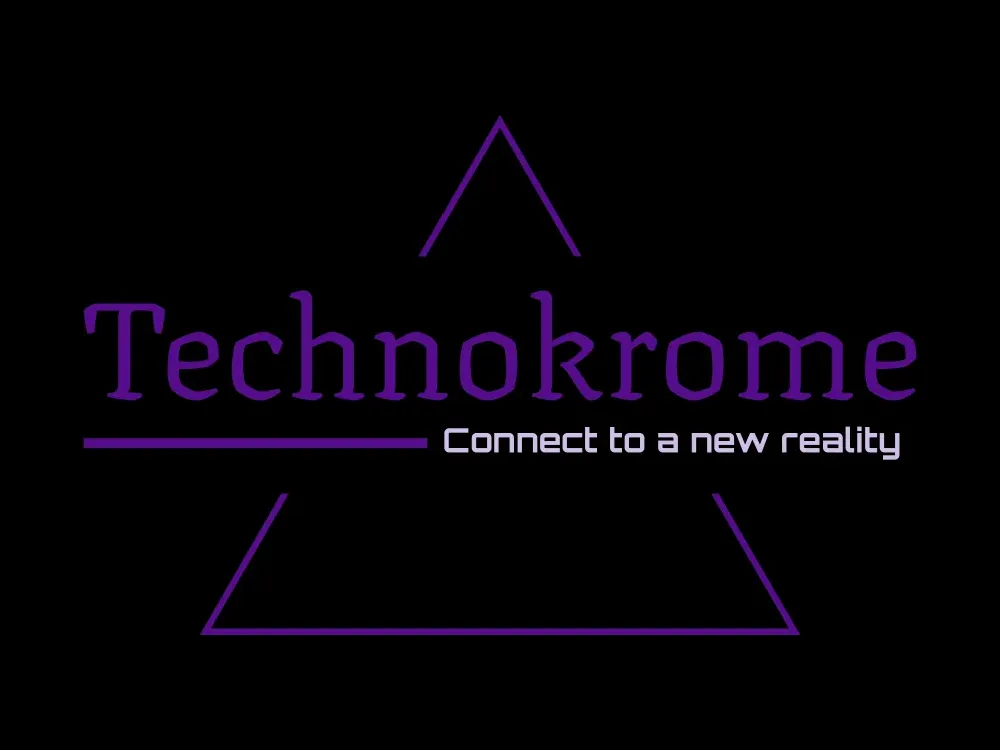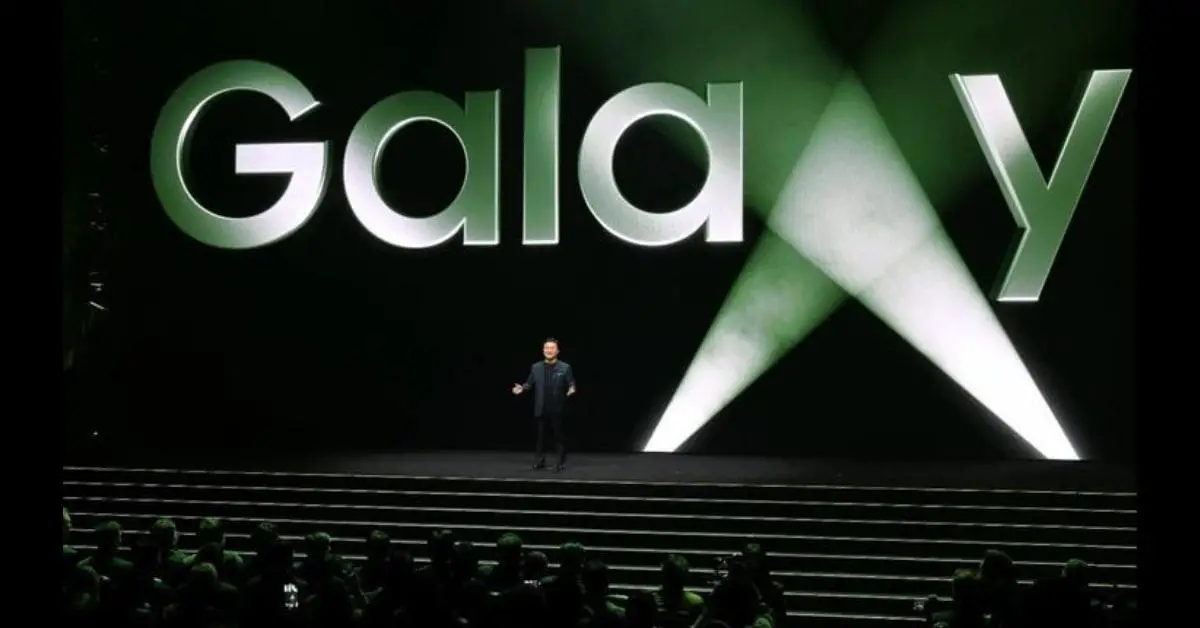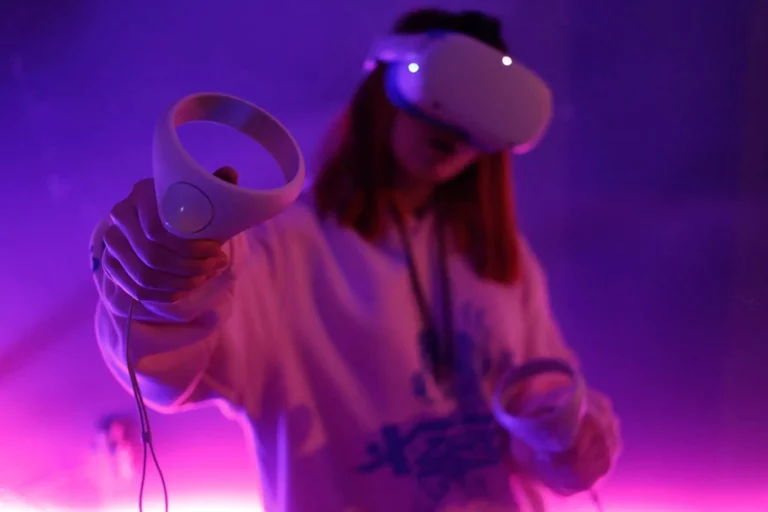During a recent Samsung Unpacked event, Samsung revealed its intentions to enter the Extended Reality (XR) space in collaboration with Google and Qualcomm. The latest Samsung Galaxy S23 Ultra phone and other hardware releases were the event’s main attractions, not the new XR platform.
Nevertheless, the company’s renewed interest in the VR/AR sector was briefly mentioned on stage during the keynote speech, and more information was shared in the interviews that took place after the event.
During the keynote, Samsung President TM Roh invited Hiroshi Lockheimer, SVP of Google’s Platforms and Ecosystems, and Qualcomm CEO Cristiano Amon to the podium. Amon discussed the continued partnership between Qualcomm and Samsung, stating that the two businesses are developing next-generation experiences for a variety of Galaxy products, including laptops, tablets, XR, and more.
He continued to show his enthusiasm for the collaboration by saying that they can achieve the full potential of the XR space and lead the development of the spatial internet with the aid of Snapdragon XR technology, Samsung’s cutting-edge goods, and Google’s experiences.
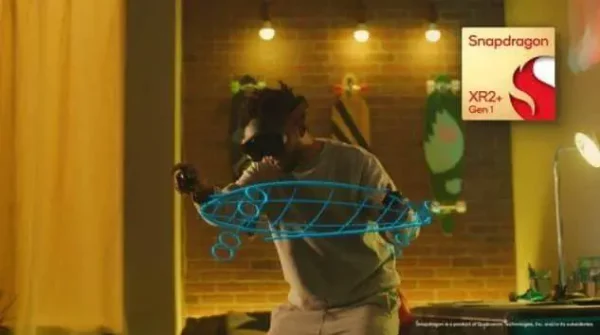
Roh did not go into detail regarding the first product of the XR platform, but he did make a suggestion that it wouldn’t be too long off. Without providing any additional information, he also mentioned that service collaborations with Microsoft and Meta would be part of the company’s XR push.
Roh provided only a few specifics about the ongoing partnership between the three businesses and Samsung’s XR aspirations in an interview with the Washington Post prior to the event. He claims that Google would supply the software, Samsung will handle the hardware, and Qualcomm will work together to develop the chipset for the XR platform.
When questioned about the platform, Roh said that they had to choose which platform to use and that they ultimately decided to go with Google. The article further stated that this partnership relates to a fresh rendition of the Android operating system created especially to run wearable displays.
A 2020 design patent suggested Samsung might be developing a new Odyssey headgear in the form of a bug, and in March 2022, there were rumours that the corporation was developing its own AR headset. Samsung reportedly intended to send an AR/VR headset to developers in 2023, according to rumours from last December.
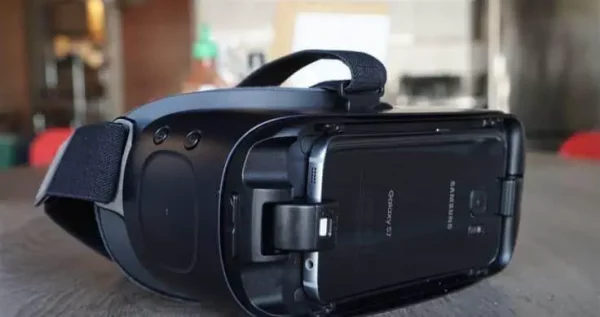
When questioned why the Google-Qualcomm alliance rather than a product was the emphasis of the company’s XR announcement, Roh told the Washington Post that the ecosystem needed to be prepared for the product to be released and be successful.
He added that other other businesses had attempted to do so, but that their efforts had not been as successful as they had planned, possibly because the ecosystem was not as developed as it should have been
Although Samsung’s XR announcement may be seen as a fresh push into the market, it actually marks the company’s return to the VR/AR sector following its initial contributions in the 2010s.
The first widely distributed consumer VR products were a series of smartphone-based VR headgear called Gear VR, which were created at the time by Samsung in collaboration with Facebook. Samsung introduced the Odyssey PC VR Windows Mixed Reality headset in 2017 and the Odyssey+, its follow-up, in 2018.
